Generation Crisis: young Syrians come of age in a decade of conflict
The budding adults are ‘hungry for happiness’
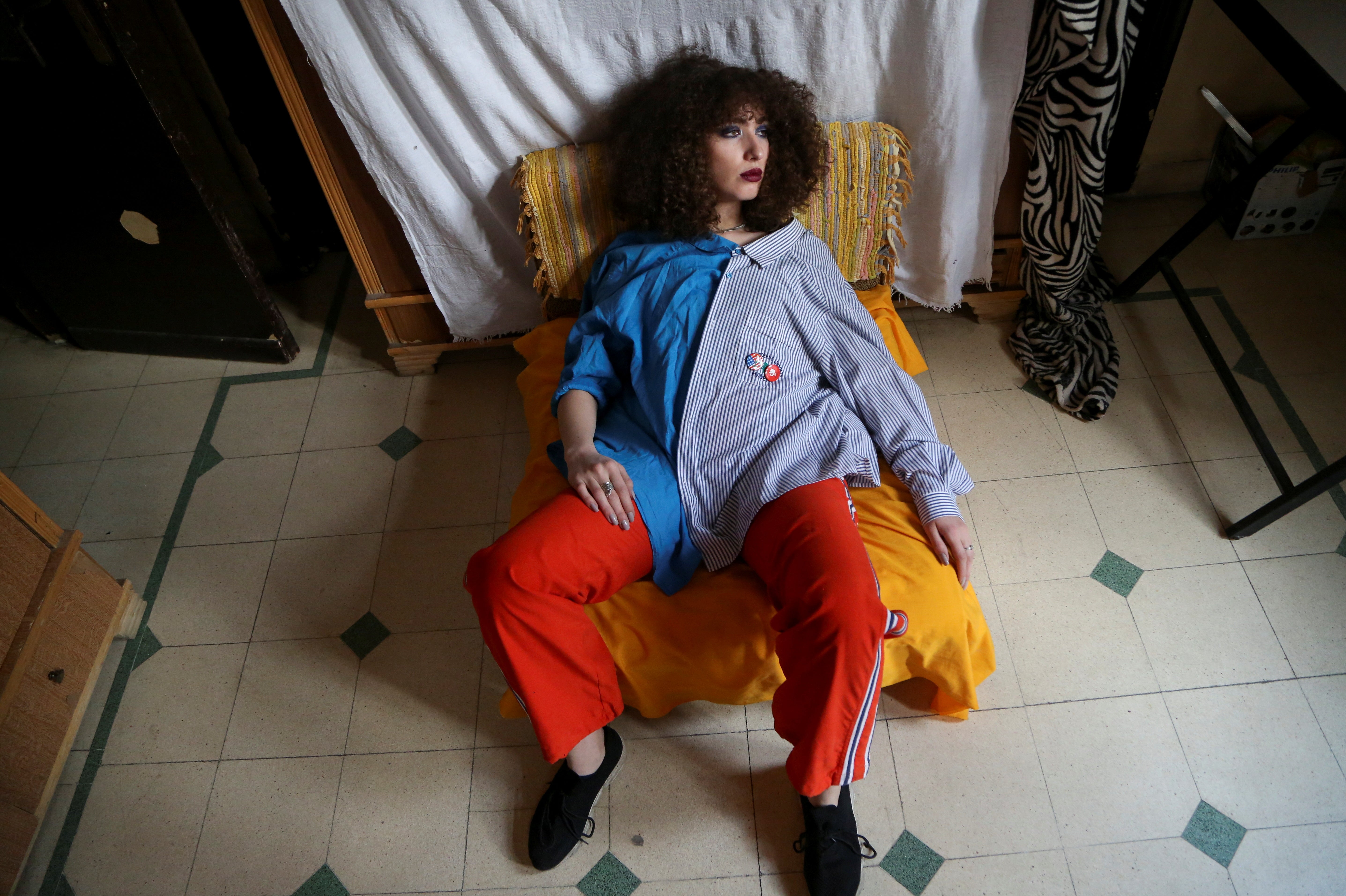
Your support helps us to tell the story
From reproductive rights to climate change to Big Tech, The Independent is on the ground when the story is developing. Whether it's investigating the financials of Elon Musk's pro-Trump PAC or producing our latest documentary, 'The A Word', which shines a light on the American women fighting for reproductive rights, we know how important it is to parse out the facts from the messaging.
At such a critical moment in US history, we need reporters on the ground. Your donation allows us to keep sending journalists to speak to both sides of the story.
The Independent is trusted by Americans across the entire political spectrum. And unlike many other quality news outlets, we choose not to lock Americans out of our reporting and analysis with paywalls. We believe quality journalism should be available to everyone, paid for by those who can afford it.
Your support makes all the difference.Trainee flight attendant Ghenwa, engineering student Ali and electronic music DJ Jawad are among a generation of young Syrians to have come of age during the war.
They live in the capital Damascus, which was spared by the intense bombing raids that destroyed opposition bastions such as Aleppo. But life for the twenty-somethings is far from normal.
A decade of conflict, Western sanctions, a financial collapse in next-door Lebanon, and now, the global pandemic, have battered Syria’s economy and a currency crash has sparked shortages of essential goods like wheat and fuel in government territory.
Economic hardships aside, their access to the rest of the world has also been severely curtailed, leaving them little chance of leaving the country for work or leisure.
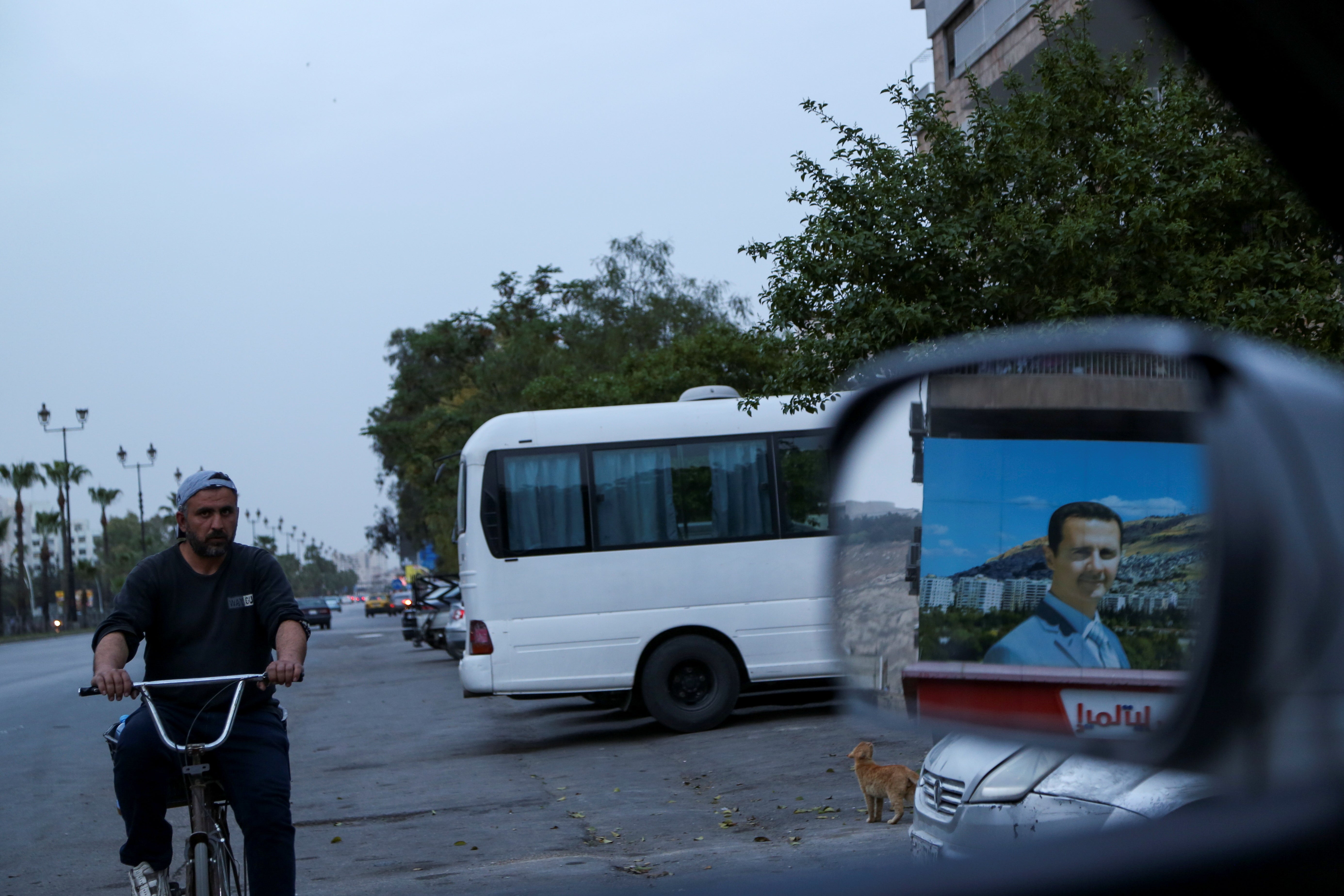
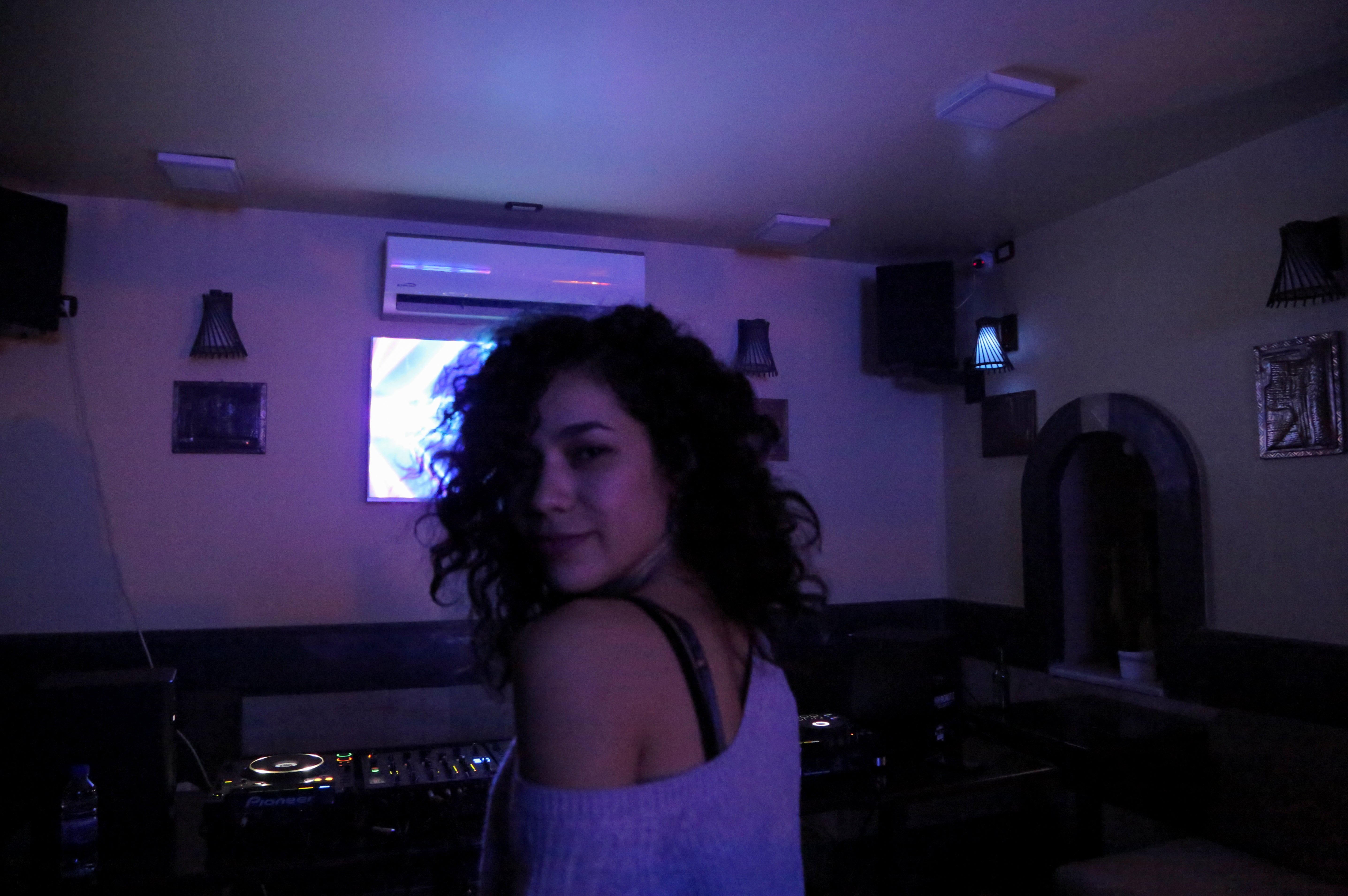
The freedom to travel was the main reason Ghenwa decided to train as an air hostess, having dropped out of university where she was studying architecture.
“I’m Syrian and I can’t travel at the moment except through this opportunity,” said Ghenwa, who like the others who spoke to Reuters for this story used only her first name for security reasons.
“It’s the only opportunity that makes me feel I can move faster ... to feel the freedom of borders.”

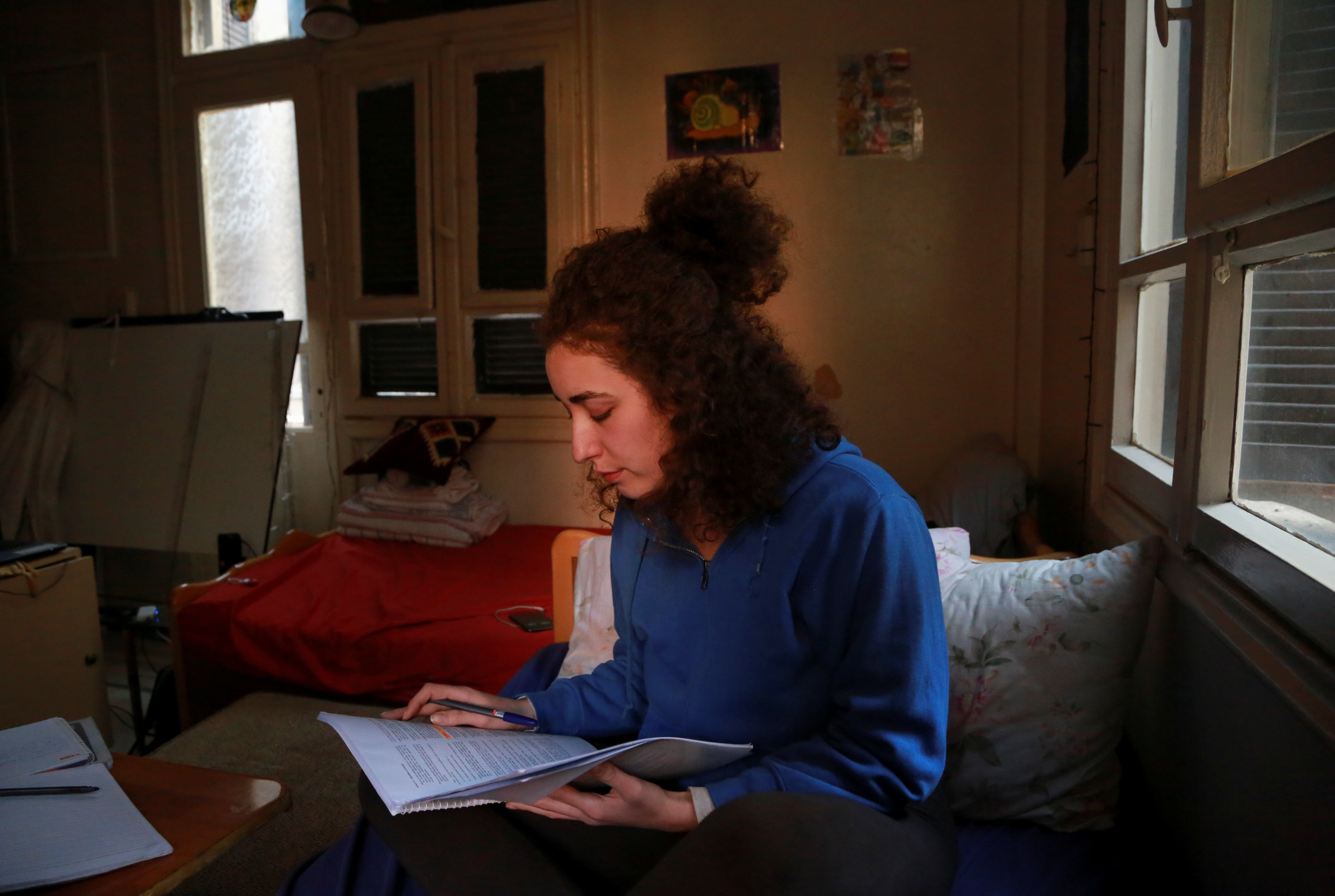
Away from her hometown Sweida, in southern Syria, Ghenwa has had to work multiple jobs to support herself, doing everything from working with children with cancer to modelling.
She finds a sense of release with her friends who share a passion for electronic music.
“We are hungry for happiness,” said 24-year old Jawad, an electronic music DJ who returned in 2019 to a Syria he barely recognised, after spending the war years in Dubai for safety.
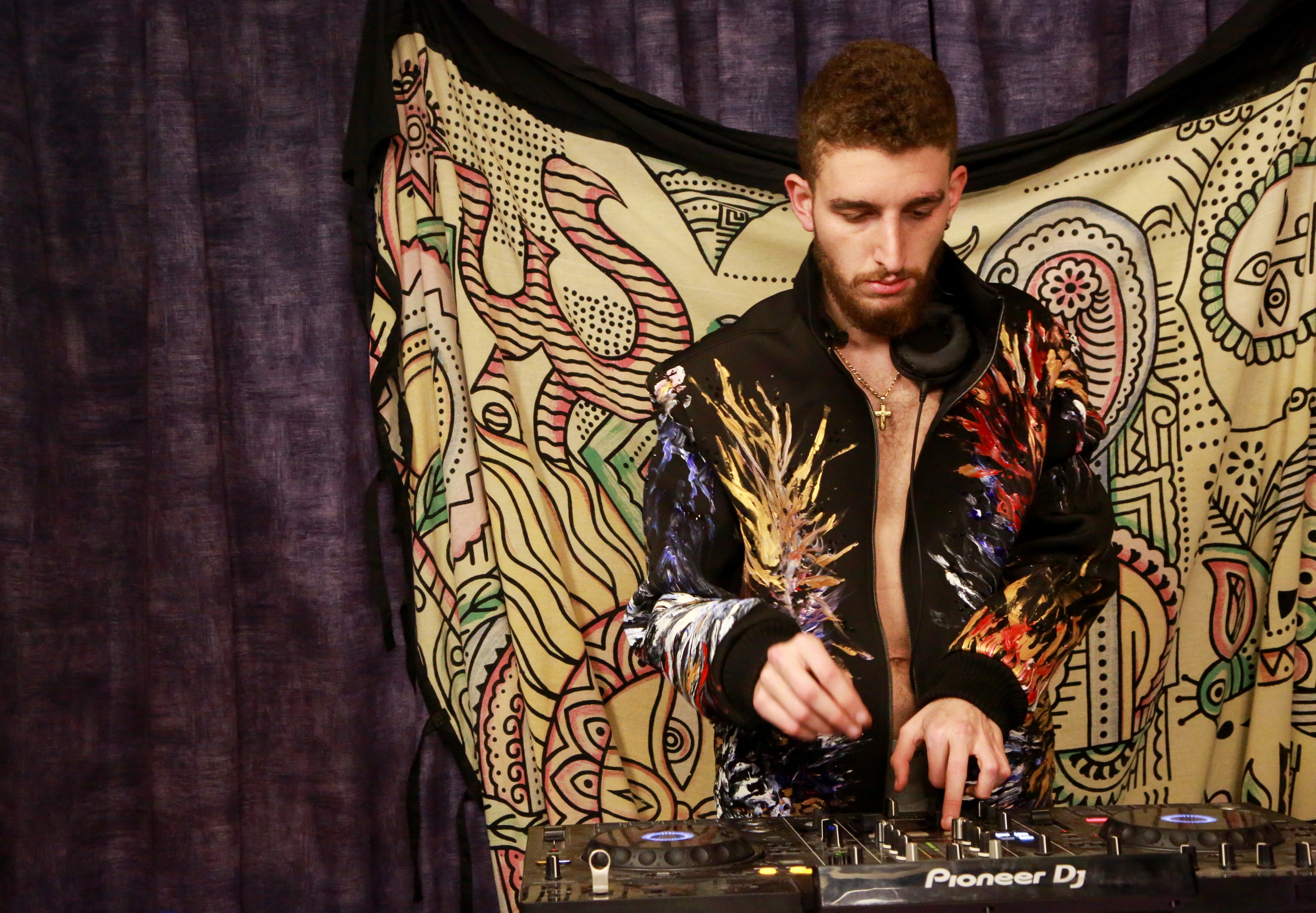
Jawad, who studied business administration, says music is his escape from the harsh realities of the country he came back to.
“It was a big shock, everything without lights ... no electricity but despite all the exhaustion and sadness on people’s faces we have hope that everything will be fixed,” he said.
Like Ghenwa, his dream is also to travel and see the world but as a young Syrian man, any hope of getting a visa to Europe is dashed.
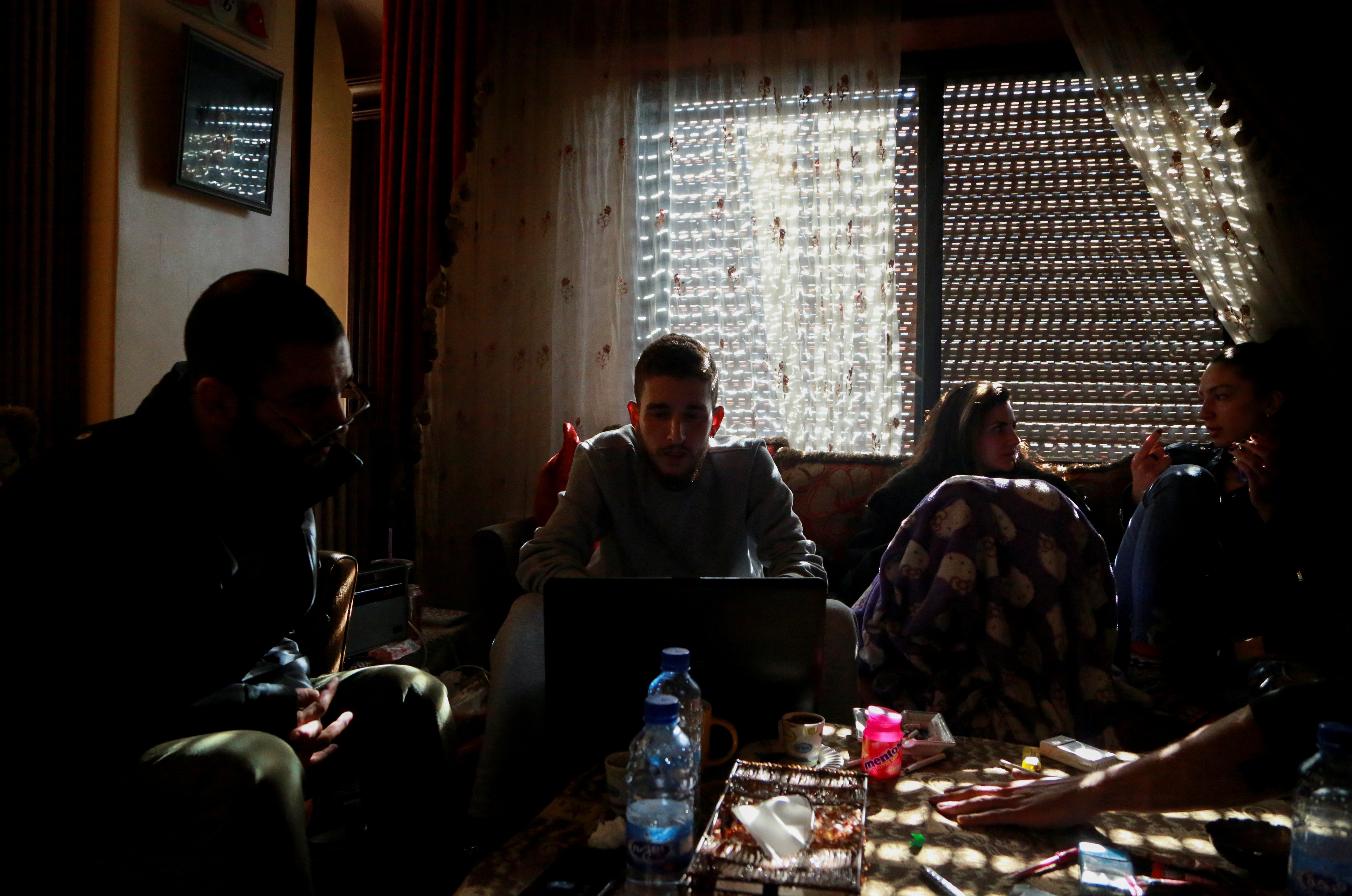
Unable to go on holiday to Spain, he watches documentaries about the country instead with his friends online, an escape from the less uplifting regular television news programmes.
“Its ironic,” he said.
Thirty-three-year-old Yara, a lawyer by day and a music DJ by night, lives alone with her parents after three of her siblings left to live abroad.
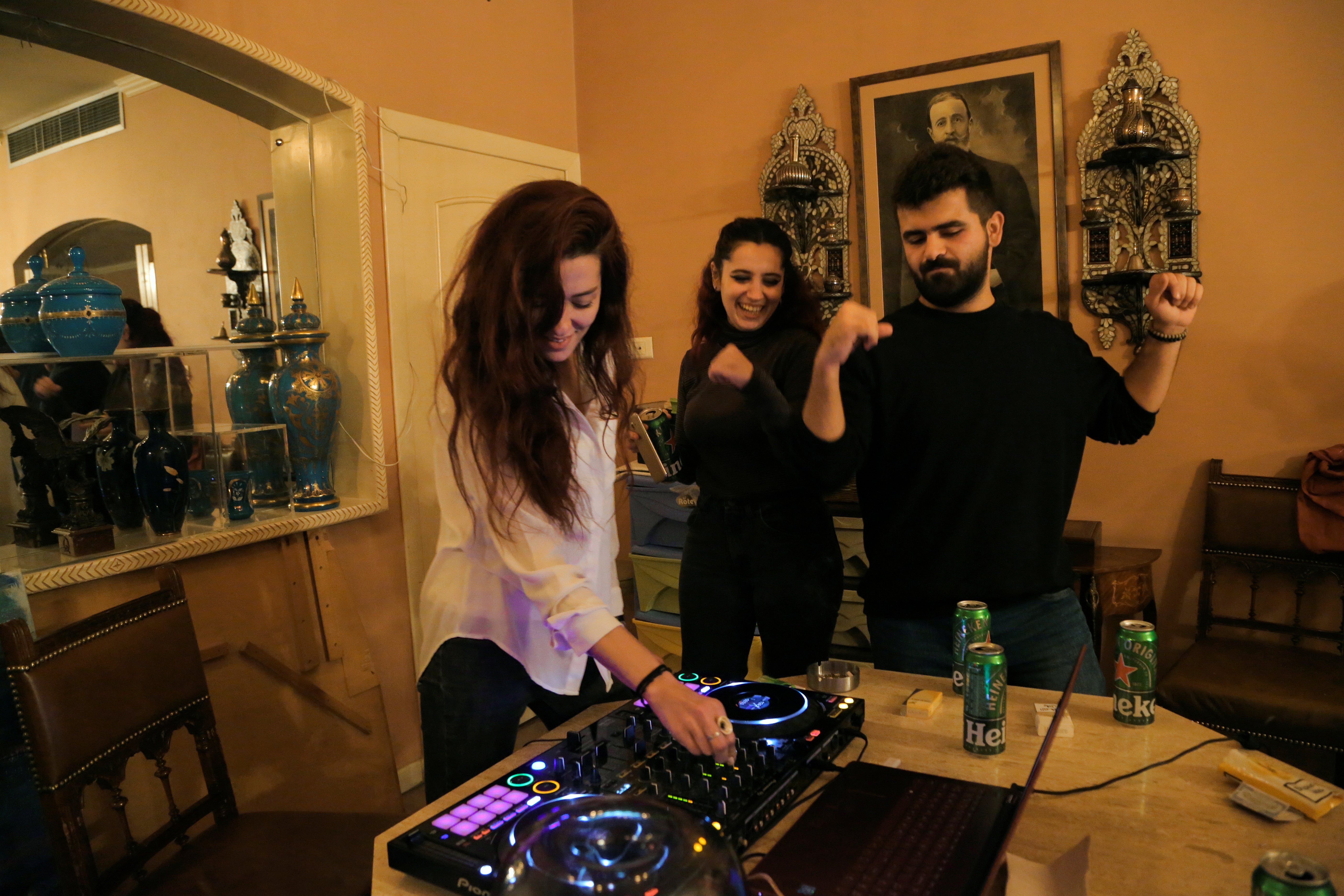
She used to have a busy life between her work, yoga, cooking and her passion for music but now she says she can only manage one task a day.
“Putting fuel in my car for example after hours of waiting in line,” she said.
Yara preferred to stay in Syria throughout the conflict despite the dangers involved. “I didn’t like the way other countries were treating Syrians, so I didn’t want to lose the respect I have here, to get some pity from people who know nothing about us, even if that meant living my life in danger.”
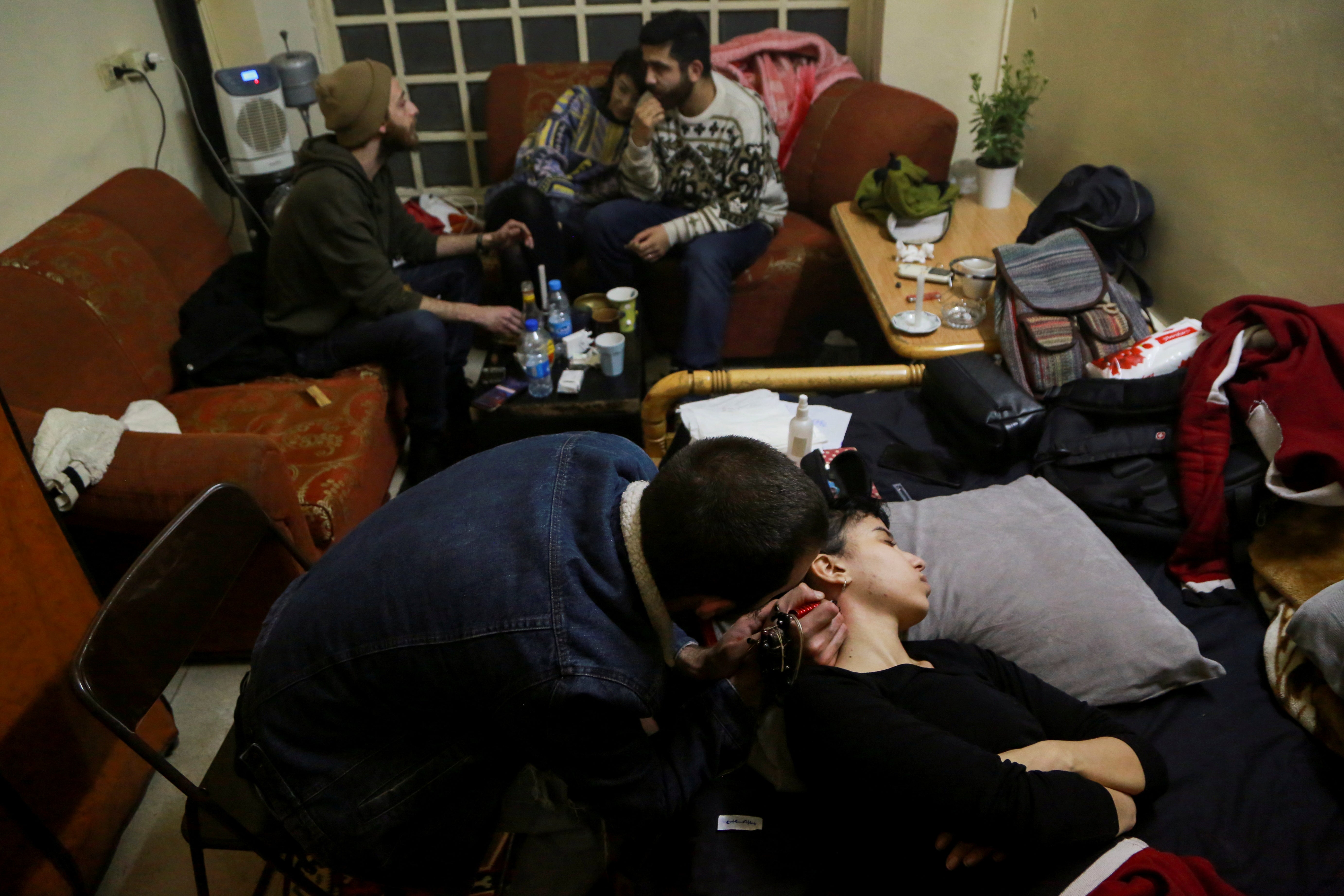
Yara was near the Damascus courthouse when a suicide bombing took place in 2017. “It was a horrible experience... to see your colleagues’s dead bodies around you and at the same time needing to help the injured and rush them to hospital.”
Like Yara, 25-year old university student Ali says he could talk for days about the things that affected him during the war.
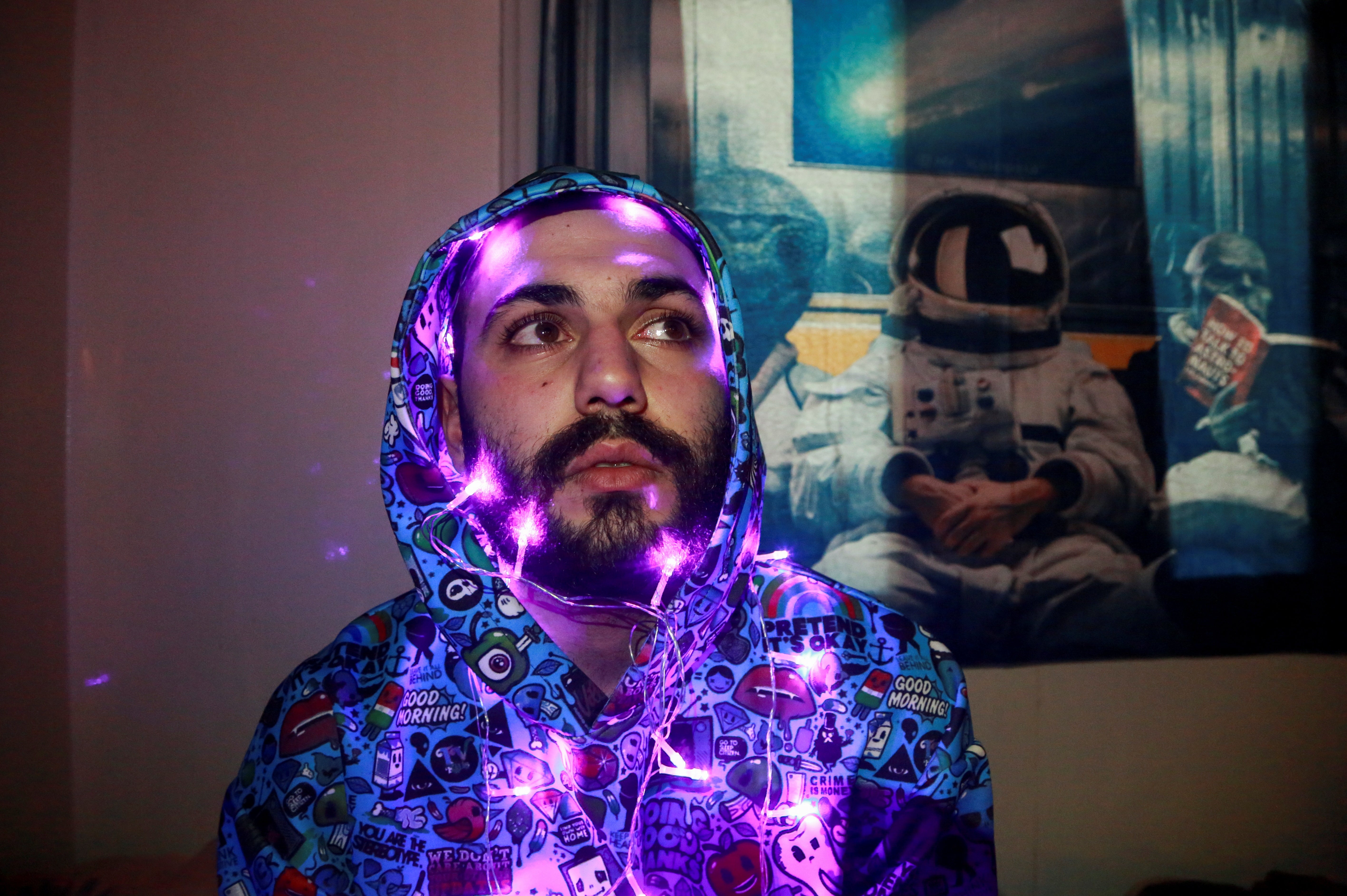
“There wasn’t a day that passed by without taking something from us,” he said.
“It was a bad experience to live in a warzone for what is supposed to be the best ten years of your life.”
Reuters
Join our commenting forum
Join thought-provoking conversations, follow other Independent readers and see their replies
Comments